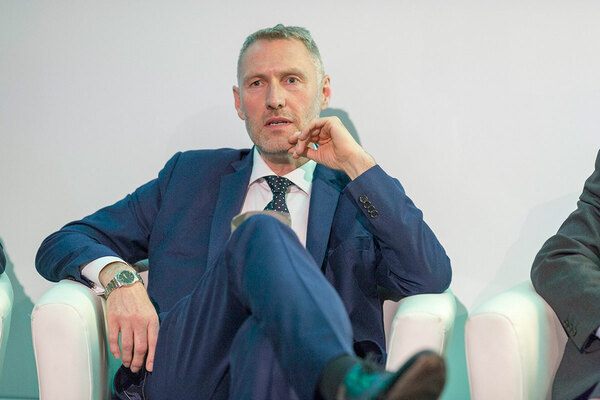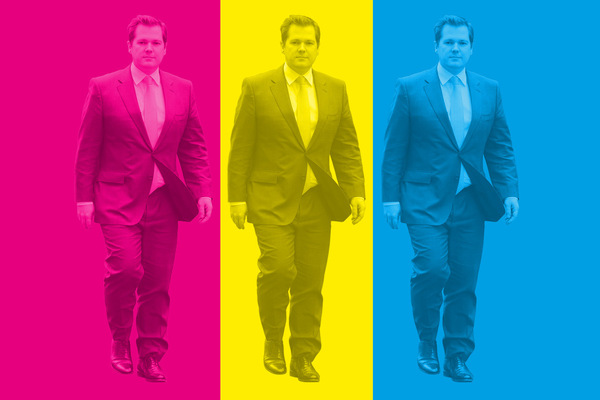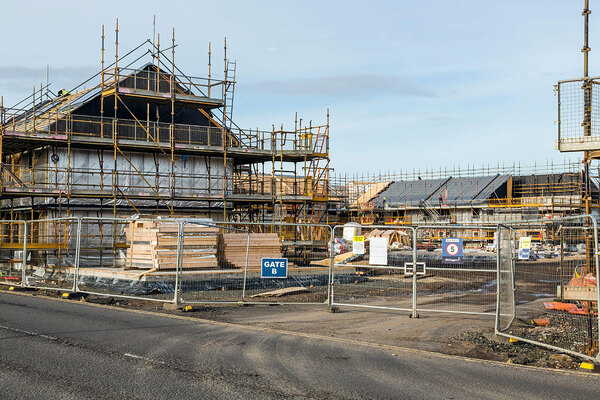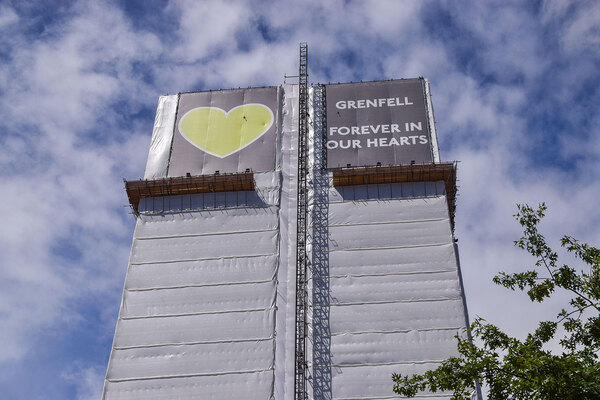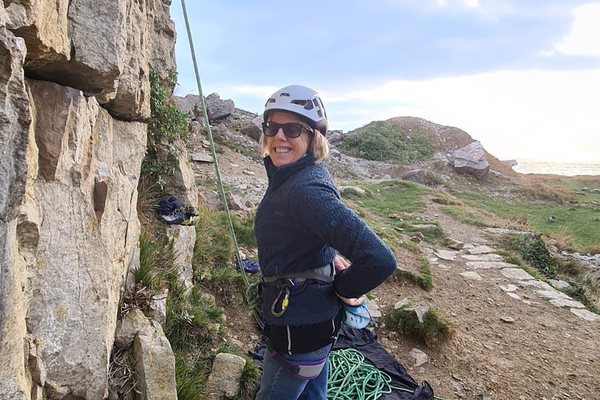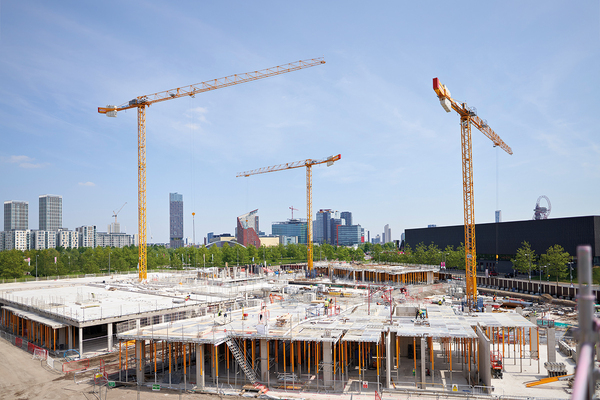Will the next generation of workers be our equivalent of Japanese hikikomori?
Those who are working from home seem to prefer it but, David Montague asks, how do we recreate the creativity and inspiration that arise from unplanned conversations?
Oh, boy. Just as we thought we were at the bottom of the hill and at the end of a gruelling six-month journey, we find ourselves with another hill to climb, possibly an even bigger hill, and another six months ahead of us.
The good news, if there is any, is that we know how to do this.
We have adapted our lives and businesses, our finances and services have stabilised, we are collaborating and learning in a way that I haven’t seen before.
We will emerge from this sorry episode a stronger sector, more connected to our residents and each other, more focused on what matters most to our residents and their communities, more confident of the unique strengths which housing associations bring to partnerships and communities, more determined to use those strengths to deliver a shared mission.
But this is a 15 rounder, we have seven more rounds to go and our opponent is showing no signs of weakness yet. Here are two things which are on my mind as we prepare for the second half.
First, the impact this will have on our culture. What surprises me is that the vast majority of L&Q people, and it seems others, prefer the new work-life balance – those who are working from home prefer it.
Maybe I am old fashioned, maybe younger people are used to connecting virtually, but I yearn for the days when I could visit sites, meet partners, listen face to face to their ideas and concerns, enjoy the creative spark which happens when people are in the same place, have those unplanned conversations in the stairwell, the lift or in the queue for coffee.
Since I announced my departure from L&Q I have had some lovely emails from well-wishers and many of them recount conversations or meetings we had five, 10, 20 years ago – conversations which meant something to both of us and which changed the way we thought and acted.
In a world where people don’t meet, where and how do these unplanned conversations take place? Our culture, at least in part, is the sum of these conversations – how does it root and grow without them?
Maybe the next generation of workers will be our equivalent of the Japanese hikikomori, modern-day hermits and social recluses. Japanese people refer to a ‘2030’ problem: when the parents of the recluses die and, having spent a lifetime in isolation, they are forced out into a world they are not prepared for. I can feel a sci-fi story coming on, except this is a real thing in Japan and becoming a real thing elsewhere.
It’s not all bad, we are finding ways of compensating through dreaded Teams and Zoom calls, but where is the joy?
Last week at L&Q we had our first face-to-face, socially distanced executive directors meeting, the first in six months. It was a strange, slightly stilted affair. It was so good being around the same table again but after six months of pressing the ‘hand up’ and ‘mic on’ buttons when we wanted to speak, it took us a while to slip back into the less formal flow of discussion and debate.
And now, just as we taste fresh air, we are back in the jug again. Humanity will find a way but it’s going to be an interesting one to watch.
The second thing on my mind is the massive, once-in-a-lifetime opportunity this dreadful virus presents for us to work together and drive economic growth and renewal. With the old economic rule book torn up and the chancellor committing eye-watering sums to protect workers and communities without the blink of an eyelid, we have a chance to do things differently. Let’s not waste it.
It is such a shame that the announcement of a £12bn affordable housing investment programme, 180,000 homes, half social rent, should be lost among concerns about the new shared ownership model and the threat arising from the loss of Section 106. Now more than ever, the sector and the country needs investment, but we also need simplicity and flexibility.
This is a moment for us to create lasting partnerships founded on trust; to invest now when it is needed most, open our books to full scrutiny and adapt as things change.
“Now more than ever, the sector and the country needs investment, but we also need simplicity and flexibility”
The good times will come again and when they do we will take more risk, reduce our call on public investment and maintain momentum. But now is not that moment.
This government has shown determination and extraordinary single mindedness, sometimes in a way which doesn’t appeal to everyone, but if that same determination and single mindedness was applied to ‘building back Britain’ we could make such a difference.
And in 2030 when the hikikomori open their doors again, we could have created a place that will welcome them, where they can afford to live, where they get the support they need and which we will be proud of.
David Montague, chief executive, L&Q


